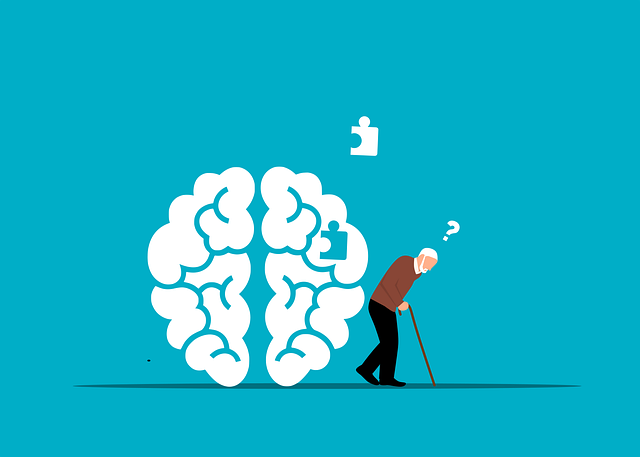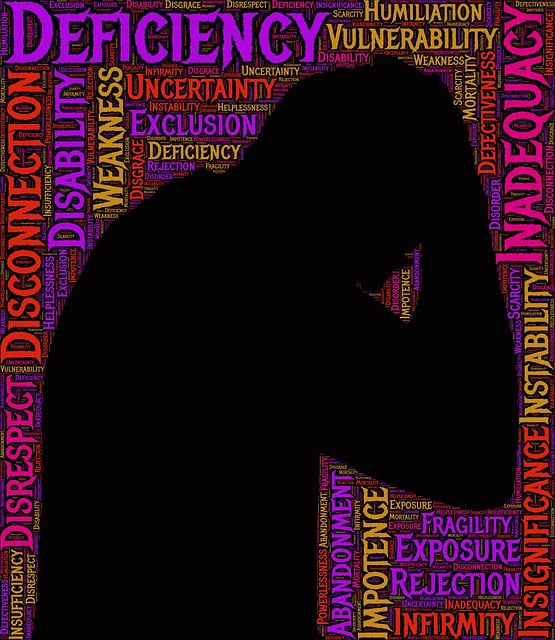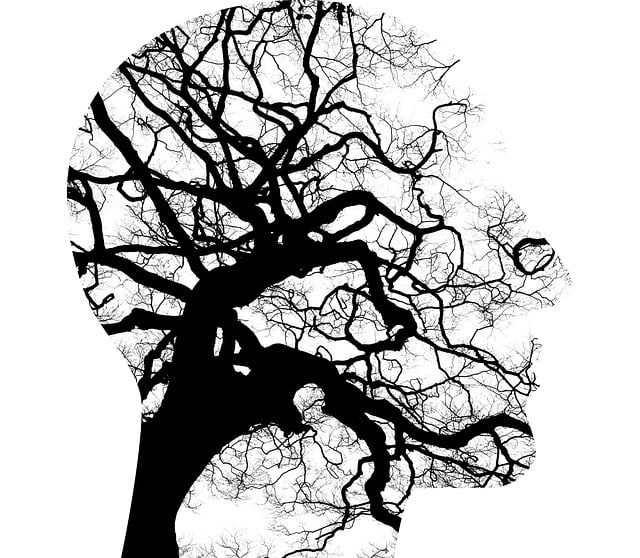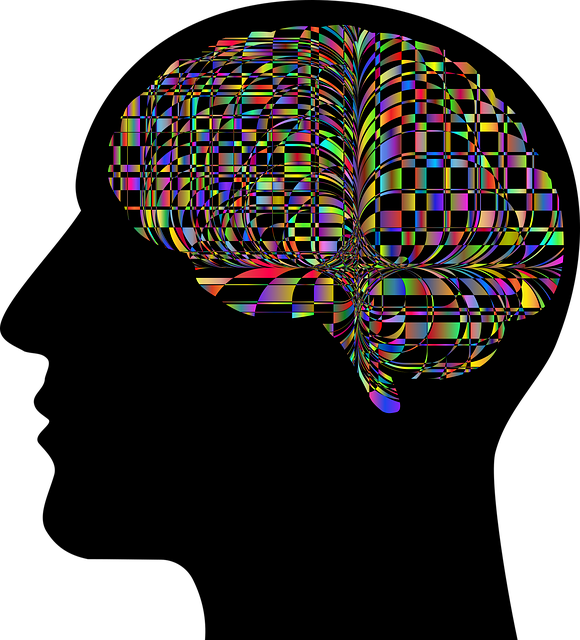Diagnosing mental illnesses accurately remains a challenge due to complex human psychology and shared symptoms. Misdiagnosis is common, especially for less experienced practitioners. Innovative approaches like Aurora Codependency Therapy offer solutions by focusing on the interconnection between thoughts, emotions, and behaviors, enhancing mental wellness coaching. This therapeutic model, integrated with evidence-based practices and improved training, aims to improve diagnostic accuracy and provide tailored, effective treatments. Programs like Aurora Codependency Therapy, coupled with reduced stigma through education, contribute to a supportive environment where individuals can seek help without judgment, collectively enhancing diagnosis accuracy within a well-informed healthcare system.
Mental illness diagnosis accuracy is a critical aspect of patient care, yet challenges persist in ensuring reliable assessments. This article explores targeted efforts to improve diagnostic reliability, focusing on innovative approaches like Aurora Codependency Therapy, evidence-based assessment techniques, and the vital role of training and individualized treatment plans. By examining these strategies, we aim to highlight the multifaceted efforts enhancing mental health diagnosis accuracy, ultimately fostering more effective patient outcomes. Key topics include understanding current challenges, exploring novel therapies, integrating evidence-based practices, empowering professionals through education, and tailoring care for improved results.
- Understanding the Challenge: The Current State of Mental Illness Diagnosis Accuracy
- Aurora Codependency Therapy: A Novel Approach to Enhancing Diagnostic Reliability
- Integrating Evidence-Based Practices for Improved Assessment Techniques
- Training and Education: Empowering Professionals to Make Accurate Diagnoses
- Individualized Care Plans: Tailoring Treatment Based on Comprehensive Assessments
Understanding the Challenge: The Current State of Mental Illness Diagnosis Accuracy

Diagnosing mental illnesses accurately is a complex challenge facing healthcare professionals worldwide. Despite advancements in research and an increasing awareness of mental health issues, misdiagnosis remains prevalent. This is partly due to the intricate nature of human psychology and the diverse range of symptoms presented by individuals struggling with mental health disorders. Many conditions share similar indicators, making differentiation difficult, especially for less experienced practitioners. The current landscape suggests a need for more precise diagnostic tools and improved training methods.
In this context, innovative approaches like Aurora Codependency Therapy offer promising solutions. By focusing on the interconnection between an individual’s thoughts, emotions, and behaviors, such therapeutic models aim to enhance mental wellness coaching programs’ development. Incorporating mind over matter principles can empower individuals to take control of their mental health journey. With continued efforts in these areas, there is potential for improving diagnosis accuracy and, consequently, providing more effective treatments tailored to each patient’s unique needs.
Aurora Codependency Therapy: A Novel Approach to Enhancing Diagnostic Reliability

Aurora Codependency Therapy (ACT) represents a novel and promising approach to enhancing the diagnostic reliability of mental health professionals. By focusing on codependency dynamics, ACT helps therapists uncover underlying emotional issues often overlooked in traditional assessment methods. This therapy encourages clients to explore their interrelationships and communication patterns, which are key indicators of mental wellness. Through this process, therapists gain deeper insights into the client’s inner world, leading to more accurate diagnoses and tailored treatment plans.
The integration of ACT within the Mental Wellness Podcast Series Production has shown significant potential in improving diagnostic accuracy. By sharing real-life case studies and expert interviews, these podcasts educate both professionals and individuals on codependency dynamics. This not only fosters a better understanding of mental health but also empowers listeners with effective Communication Strategies to navigate their relationships and enhance their Inner Strength Development.
Integrating Evidence-Based Practices for Improved Assessment Techniques

In the pursuit of enhancing mental illness diagnosis accuracy, integrating evidence-based practices emerges as a pivotal strategy. Aurora Codependency Therapy, for instance, offers a unique lens to understand and address complex interpersonal dynamics that often contribute to various mental health conditions. By incorporating techniques validated through rigorous research, professionals can significantly improve assessment methods. This shift towards evidence-based practices ensures that interventions are not only effective but also tailored to individual needs, fostering more precise diagnoses.
The process involves a meticulous review of existing literature and clinical studies, selecting strategies that have proven successful in treating specific disorders. For example, Depression Prevention programs, centered around cognitive-behavioral therapy, teach individuals coping mechanisms to recognize and manage depressive symptoms early. Similarly, Trauma Support Services focus on creating safe spaces for expression and healing, utilizing techniques like eye movement desensitization and reprocessing (EMDR). Integrating these evidence-based practices into assessment routines not only enhances diagnostic accuracy but also promotes the development of Self-Care Routines for Better Mental Health, empowering individuals to actively participate in their treatment journeys.
Training and Education: Empowering Professionals to Make Accurate Diagnoses

Mental illness diagnosis accuracy has long been a topic of concern, with many challenges impacting the process. One significant step towards improvement is enhancing training and education for professionals in the field. This involves equipping them with advanced knowledge and skills to recognize complex symptoms, understand individual differences, and interpret assessment results accurately. By investing in comprehensive training programs, healthcare providers can improve their diagnostic capabilities, leading to more precise and timely interventions.
For instance, Aurora Codependency Therapy emphasizes self-awareness exercises and compassion cultivation practices, which not only benefit individuals struggling with mental health issues but also help professionals develop a more nuanced understanding of human behavior. Reducing the mental illness stigma through education is another crucial aspect that fosters an environment where individuals feel safe to seek help without fear of judgment. These efforts collectively contribute to improving diagnosis accuracy by creating a well-informed and supportive healthcare system.
Individualized Care Plans: Tailoring Treatment Based on Comprehensive Assessments

Mental health professionals are increasingly recognizing the importance of Individualized Care Plans (ICPs) in enhancing diagnosis accuracy and treatment effectiveness. Traditional one-size-fits-all approaches often fail to address the unique complexities of each individual’s mental health journey. In contrast, ICPs involve comprehensive assessments that delve into various aspects of a client’s life, including their personal history, relationships, work or education, and cultural background. By understanding these factors, therapists can tailor treatments that are more aligned with the patient’s specific needs.
For instance, Aurora Codependency Therapy emphasizes the power of individualized care by addressing underlying codependent behaviors and patterns. This approach considers not only the symptoms presented but also the client’s environment and support systems. Incorporating communication strategies, anxiety relief techniques, and self-care routine development, therapists enable individuals to cultivate healthier relationships and improve their overall well-being. Such personalized interventions hold promise in enhancing diagnosis accuracy by ensuring that treatments are both relevant and impactful for each unique mental health case.
Mental illness diagnosis accuracy has long been a complex challenge, but with efforts like Aurora Codependency Therapy, integrated evidence-based practices, robust training, and individualized care plans, we can significantly enhance reliability. By empowering professionals through comprehensive education and innovative approaches, we ensure that individuals receive accurate assessments and tailored treatments, paving the way for more effective mental health care.














